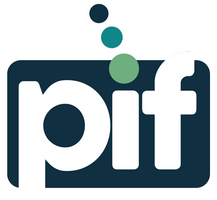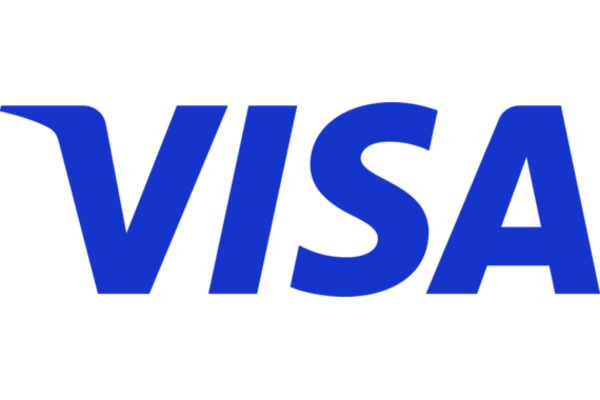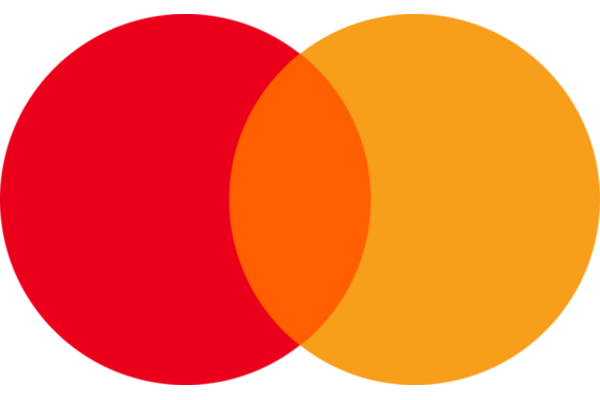Source: allpay
In an era marked by rapid technological advancement, the payments landscape continues to evolve at an unprecedented pace. From the rise of contactless payments to the emergence of digital wallets, the payments industry is undergoing transformative shifts that impact businesses and consumers alike.
Contactless payments have emerged as a dominant force, offering a seamless and secure alternative to traditional card-based transactions. With the global adoption of Near Field Communication (NFC) technology, consumers are now able to complete transactions swiftly, simply by tapping their devices. This convenience is driving the shift towards a cashless society, as the world embraces the inherent benefits of contactless payments.
Simultaneously, digital wallets have gained substantial traction, reshaping how individuals manage their finances. These versatile platforms consolidate payment methods and loyalty cards into a single application, offering unparalleled convenience and enhancing the overall customer experience. As businesses integrate these solutions, they not only cater to consumer preferences but also gather valuable insights to refine their offerings further.
The potential to revolutionise cross-border payments and reduce fees is one that cannot be ignored. In tandem with these technological advancements, the industry’s focus on security remains resolute. With the proliferation of digital transactions, the need for robust authentication mechanisms and data encryption has never been more pressing.
The adoption of biometric verification, such as fingerprints and facial recognition, bolsters the security of digital payments, assuring consumers that their financial information is safeguarded.
Despite the remarkable strides in digital payments, it’s essential to recognise that a significant portion of the population still prefers the familiarity and tangibility of cash. More than 5 million adults depend on cash for their daily transactions, and it continues to be the favoured payment choice for 21% of the population. For the 1.2 million individuals with restricted access to banking services, cash plays a crucial role, while serving as an indispensable budgeting tool for the 3.8 million facing financial challenges.
This divergence in payment preferences underscores the importance of a flexible and inclusive approach within the evolving payments landscape.
Interested in learning more? Book a meeting with one of the team today.







